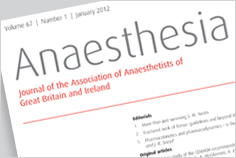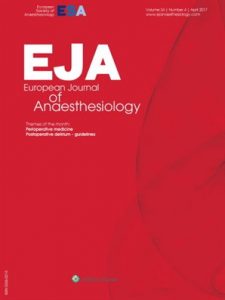 Title: Effects of microRNA-223 on morphine analgesic tolerance by targeting NLRP3 in a rat model of neuropathic pain
Title: Effects of microRNA-223 on morphine analgesic tolerance by targeting NLRP3 in a rat model of neuropathic pain
What Caught Our Attention: Usually, an Expression of Concern (EOC) offers general language about “concerns regarding the validity of the data” or “concerns regarding the integrity of the study.” Here the language is anything but, saying that 54 Western blot bands within three figures have problems such as “visible pasted joints,” “square border,” and numerous “appear to be the same band.” According to the notice, the authors have not responded to requests for the original blots, so the editors are allowing the article to remain intact, choosing instead “to alert readers to these issues and allow them to arrive at their own conclusions regarding the figures.” Continue reading Caught Our Notice: 54 problems in three scientific images equals one expression of concern
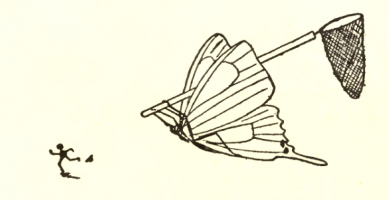

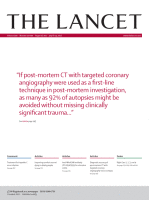
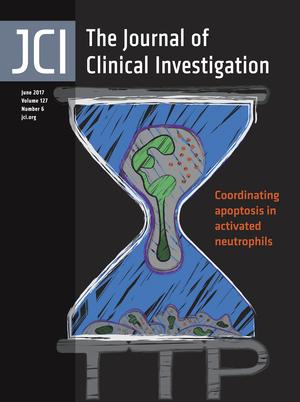 On Dec. 2, 2013,
On Dec. 2, 2013,  The Japanese Society of Anesthesiologists has permanently banned a co-author of notorious fraudster
The Japanese Society of Anesthesiologists has permanently banned a co-author of notorious fraudster 